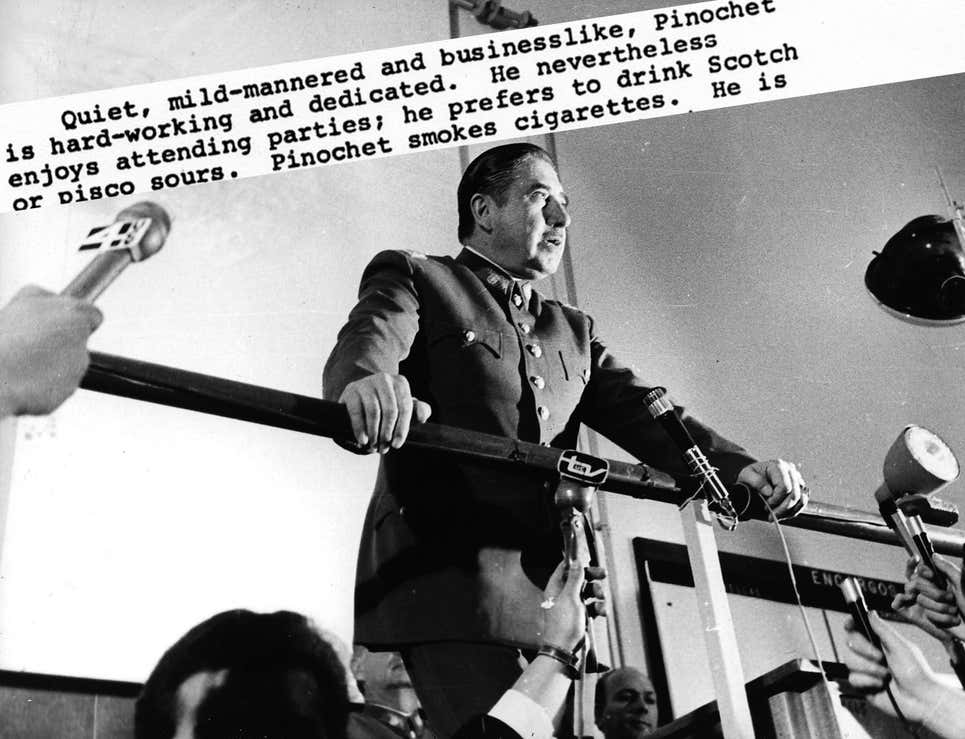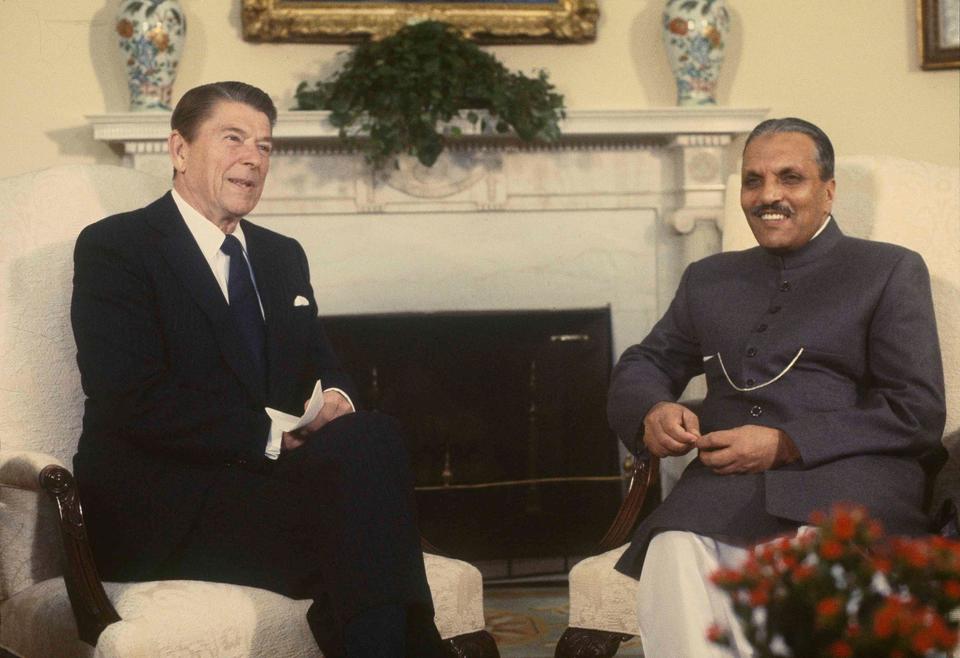by AASIM SAJJAD AKHTAR


No two figures symbolised the rise of reaction towards the end of the Cold War more than generals Augusto Pinochet and Ziaul Haq. US-backed grand schemers committed to crushing the progressive left both at home and abroad; they left a deep imprint on their respective polities of Chile and Pakistan.
More than 30 years after the end of dictatorship, both countries are in the throes of massive internal upheaval, history apparently having come full circle. In Pakistan, popular resentment grows in the face of a tanking economy and a ‘tabdeeli’ brigade in tatters. The defence institution that was the fountainhead of Zia’s power and whose role as an arbiter of polity, economy and society has grown steadily since, is now having its hand bitten by Zia’s protégé, Nawaz Sharif.
Meanwhile, after almost a year in which millions of Chileans have been on the streets against economic hardships and political repression, Sunday’s popular referendum cleared the way for Chile’s mainstream political parties to chuck the khaki-stained constitution of the Pinochet era into the dustbin of history and elect a new constituent assembly to draft a new social contract.
Progressives in both countries and around the world celebrate the politicisation of new generations of Chileans and Pakistanis that wish to be rid of the legacies of dictatorship. Yet Pinochet and Zia set into motion processes that have deeply polarised society, and the outcome of the present waves of mobilisations is still uncertain.
In more than three decades since the demise of Pinochet and Zia, the battle between progressive and reactionary forces has ebbed and flowed. Most recently, Chile was gripped by mass student protests in 2011. The Lagos and Bachelet governments which followed those uprisings were unable to build on popular power to tackle entrenched interests at home and abroad that represent Pinochet’s legacy.
We in Pakistan saw a mass uprising against Musharraf in 2007. Given the tone and tenor of the PDM protests in Pakistan, I find the relative lack of reflection about the events of 13 years ago surprising. Then too an economic downturn and an illegitimate dictatorial regime came under attack from all sides of the mainstream political spectrum. But the process of democratisation under elected regimes from 2008 onwards was at best stop-start.
Of particular significance is the economy. Pinochet’s regime infamously served as the laboratory of what is now known globally as neoliberalism. It dismantled one of Latin America’s most advanced public welfare systems, undertook fire sales of SOEs and pried open the Chilean economy to foreign investors. Zia forcibly rolled back the fledgling Fabian socialist economy that had taken shape under the previous PPP dispensation. The violent overthrow of the Allende and Bhutto regimes by the dictators mirrored their rabid commitment to capital and attendant suppression of labour.
The rest, as they say, is history. For 30 years, mainstream political parties across the postcolonial world, even where they have opposed one another, have largely reinforced neoliberal economic orthodoxy. Even today, when so many Western economies are turning inwards, our political leaders and economic planners are unable/unwilling to articulate an alternative vision.
Dawn for more
